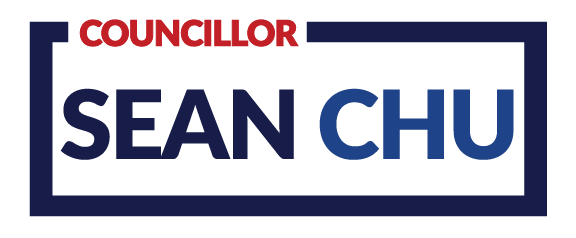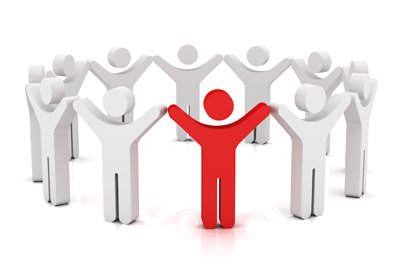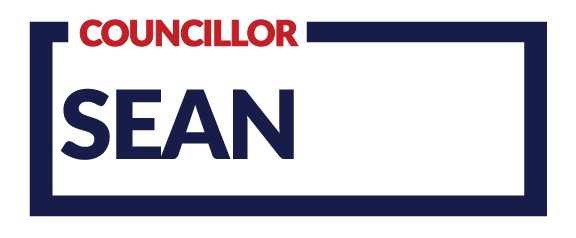If you roll into Southland Leisure Centre on a Saturday afternoon, chances are you’ll hear the echo of a basketball bouncing across the gym floor. Follow that sound and you’ll find a diverse group of Calgarians taking part in The City’s weekly wheelchair basketball program, a welcoming, high-energy space that shows what it means to level the playing field.
Darcy Whitaker, a team lead with Recreation & Social Programs explained the program’s approach. “This drop-in adaptive program reflects The City’s commitment to making recreation inclusive, accessible and equitable for all,” she said. “It’s one way we’re putting our equity goals into action, by designing programs where all participants, regardless of ability, can play together, learn from one another and experience the benefits of physical activity and social connection.”
Greg, a regular participant, said the program changed his life. “After every session, I left with a smile on my face, feeling like I had a great workout,” he shared. “That optimism carried into my week. I started exercising more, preparing for the next session. It motivated me in ways I didn’t expect.” Beyond fitness, Greg found community. A place where he felt seen, capable and connected.
For programs like this to succeed, they need broad participation. “I believe it’s worth mentioning that wheelchair basketball is available to able-bodied folks,” Greg said. That openness is a key part of removing social barriers, creating shared experiences that challenge assumptions and build understanding.
Theresa, one of the able-bodied players, said the program deepened her understanding of what inclusion looks like in practice. “It wasn’t just a chance to be active, it was a chance to participate in something that centered accessibility and dignity,” she said. “City staff were outstanding, particularly the instructor. Not just friendly, but intentional about making sure every person felt welcomed and valued.”
This intentionality directly supports the principles outlined in GamePLAN, which call for dismantling systemic barriers and creating spaces where everyone feels safe, respected and empowered to participate. It’s part of building a Calgary that supports connection, opportunity and well-being for residents.
Murdoch, a recreation programmer with Recreation & Social Programs sees that vision come to life every week. “It’s been so fun getting people of all different ages, abilities and backgrounds together for a fun yet semi-competitive game. It’s more than basketball, it’s connection.” And he’s excited to see what comes next. “I’m thrilled to see what The City of Calgary can offer in the future for adaptive sports and fitness.”
Programs like wheelchair basketball reflect more than just recreation, they’re about creating a city that works for everyone. When we design public spaces with inclusion in mind, we remove barriers, foster equity and build a sense of belonging. By intentionally welcoming people of all abilities, we are shaping a city where everyone can thrive, stay connected and feel at home. “Our community cares about showing up for one another. Wheelchair basketball is one of many ways we can build a city that reflects that spirit,” Darcy added.
Know someone who’d love this program? Share this story and help build a more connected Calgary. To learn more about our adaptive recreation programs, visit www.calgary.ca/adaptiveprograms.


